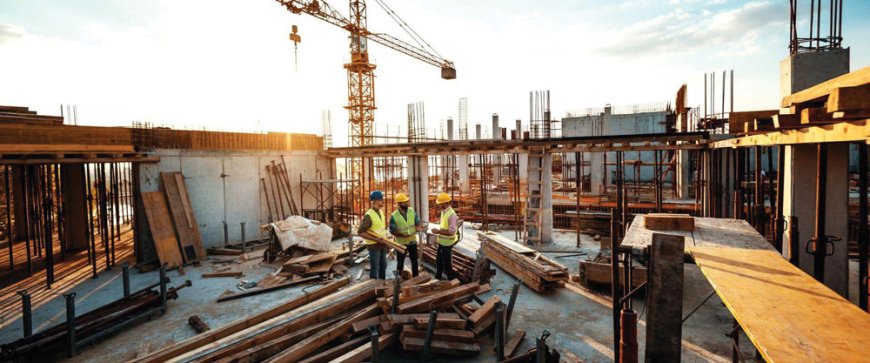A welcome MOVE for construction industry

The concept of “accord and satisfaction” plays an important role in commercial disputes arising out of construction contracts. This concept relates to parties to an agreement substituting existing obligations with new obligations. Usually, a contractor may sign a “no claim” certificate after receiving reduced payment for work done, only to claim before a court or a tribunal at a later stage that the no claim certificate was issued under “compulsion and undue influence” exerted by the owner.
This doctrine is commonly used as a defence in a commercial dispute at the stage of appointment of an arbitrator under Section 11(6) of the Arbitration and Conciliation 1996 (“Act”). Issues with regard to appointment of arbitrators are intrinsically linked with the ambit and scope of judicial interference in arbitrations, and has been the subject of many judicial pronouncements. In SBI General Life Insurance Co Ltd v Krish Spinning, 2024 SCC OnLine SC 1754 a three-judge bench of the Supreme Court of India reiterated that the scope of enquiry at the stage of appointment of an arbitrator is limited to a prima facie scrutiny of the existence of an arbitration agreement. Only in rare cases can the court refuse arbitration as a “demurrer when the claims are ex-facie frivolous and non-arbitrable”. In the facts of the case, disputes arose between an insurer and an insurance company under a fire insurance policy of 2018. The insurer issued a discharge voucher and then filed an application before the Gujarat High Court for appointment of an arbitral tribunal. The Gujarat High Court took a view that the disputes were arbitrable despite the insurer having issued a discharge voucher in 2019 and appointed an arbitrator in 2023. The insurance company filed appeals before the Supreme Court from the judgments of the Gujarat High Court appointing the arbitrator.
The Court analysed whether an arbitration agreement contained in a substantive contract survives even after the parties discharge the underlying contract through “accord and satisfaction”. The Court concluded inter alia that even if contracting parties in pursuance of a settlement agree to discharge each other of any obligations arising under the contract, the same does not automatically discharge the arbitration agreement.
The Court reiterated that the scope of enquiry at the stage of appointment of arbitrator is limited to a scrutiny of the prima facie existence of the arbitration agreement pursuant to the 2015 amendments to Section 11 of the Act and the insertion of Section 11(6A). The Court observed that disputes pertaining to the “accord and satisfaction” of claims do not question the existence of an arbitration agreement in any way. Since the arbitration agreement is separate and independent from the underlying substantive contract that contains it, the arbitration agreement remains in existence even after the original contract stands discharged by “accord and satisfaction”.
The Court clarified that disputes regarding accord and satisfaction exclusively fall in the domain of the arbitral tribunal, and the courts should not examine these issues at the stage of appointment of an arbitral tribunal.
This judgement is particularly relevant in the current dispute resolution framework for construction contracts in India and pushes further towards a non-interventionist approach to be adopted by the Indian courts. This judgement projects India as an arbitration-friendly jurisdiction and proves to be an authoritative decision on the issue of judicial scrutiny at the stage of appointment of arbitrator under Section 11(6) of the Act, especially when the defence of “accord and satisfaction” is instituted.
Agreements recording “accord and satisfaction” are routinely used in the construction industry to record revised commercial terms and conditions which are agreed between the parties. This judgment ensures that parties entering into such agreements are appropriately protected by reiterating the arbitral tribunal’s exclusive domain over such issues. Contractors are provided with additional protection since a far more efficient remedy, as compared to traditional litigation, is now explicitly available to them. In cases wherein, large amounts potentially owed are disputed, which is a common reason for cash flow issues for contractors, this provides a haven to such contractors by ensuring a more efficient mechanism for dispute resolution.

Yigal Gabriel
Partner, Khaitan & Co, Mumbai

Anush Joshi
Associate, Khaitan & Co, Mumbai

Hritvik Mohan
Associate, Khaitan & Co, Mumbai







